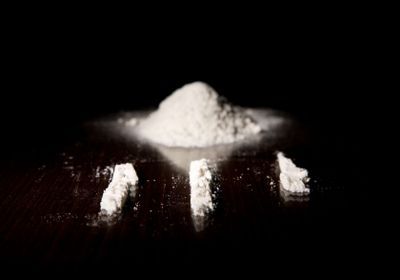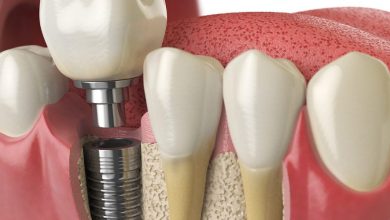
Typically drug cocaine is obtained from the coca plant for years now its leaves have been chewed and used as a drug. Around the world, cocaine has been used as a stimulant to relax the brain and nerves. Cocaine is a known 2 drug that is highly abusive. The leaves contain alkaloids. .it is controversial due to its legitimacy issues. If cocaine is required it needs to be permitted by a doctor other than that cocaine is needed for anesthesia and used to resist pain.
Cocaine is taken orally and can also be chewed, traditionally it is taken by inhalation too. Other than that, a drug cocaine user may make a ball of the leaves and keep it under the mouth, and take it with an alkaline substance, usually the bicarbonate soda. The alkaloids are extracted by the leaves, and cocaine is absorbed by brewing it like tea and consuming it which progresses much slower than the chewing of cocaine leaves.
The legal status of cocaine varies from state to state and depends on its elements. Some of the states have completely put a ban on its use or for any other purpose. Some of the states have legalized it for cultivation or personal use.
The Effects of Using Drug Cocaine
The effects of cocaine consumption vary. There are short-term to long-term and immediate effects of cocaine. Drug cocaine may give a feeling of euphoria and it elevates the mood, helps in increasing energy and self-love, a person may hallucinate after getting high. But with access, the use of cocaine or cocaine seeds may leave adverse effects on health.

Physiological And Psychological Effects of Cocaine
The cocaine effects stay in the body for some minutes, cocaine makes you feel less hungry and a person might feel light and active. The most primary effects of cocaine increase systolic and diastolic pressure, dilated pupils increase temperature. Low skin temperature. It could also lead to adverse effects on cardiovascular function. In physiological effects, a body feels hyper, restless, irritated, and shows signs of violent behavior. Other neurological effects include seizures, twitches, muscle tremors, and coma.
Where drug cocaine affects the neurological, physical, and physiological effects on the body, it can leave an impact on mental health. The cocaine abusers may show violent psychological behaviors and may require to consult a doctor
Cocaine may affect mental health very quickly; it can show long-term effects on the body and brain. Severe symptoms include hallucinations and other psychotic behaviors such as aggressiveness, restlessness, and dysfunctionality. The brain may lead to permanent damages and psychotic illness. Depression is the most acute psychological problem and can lead to other psychological diseases such as psychosis.
In The End,
Breaking the chain of using cocaine can be a long process, a person who is trying to quit cocaine resists and can feel its side effects. The symptoms include shivers, craving for drug cocaine, and agitation.
If you know someone who is going through rehab, they may need help. Such a person becomes sensitive and may depend on you. Help each other join hands together to help a patient in need whether they are your friends, family, or strangers.





